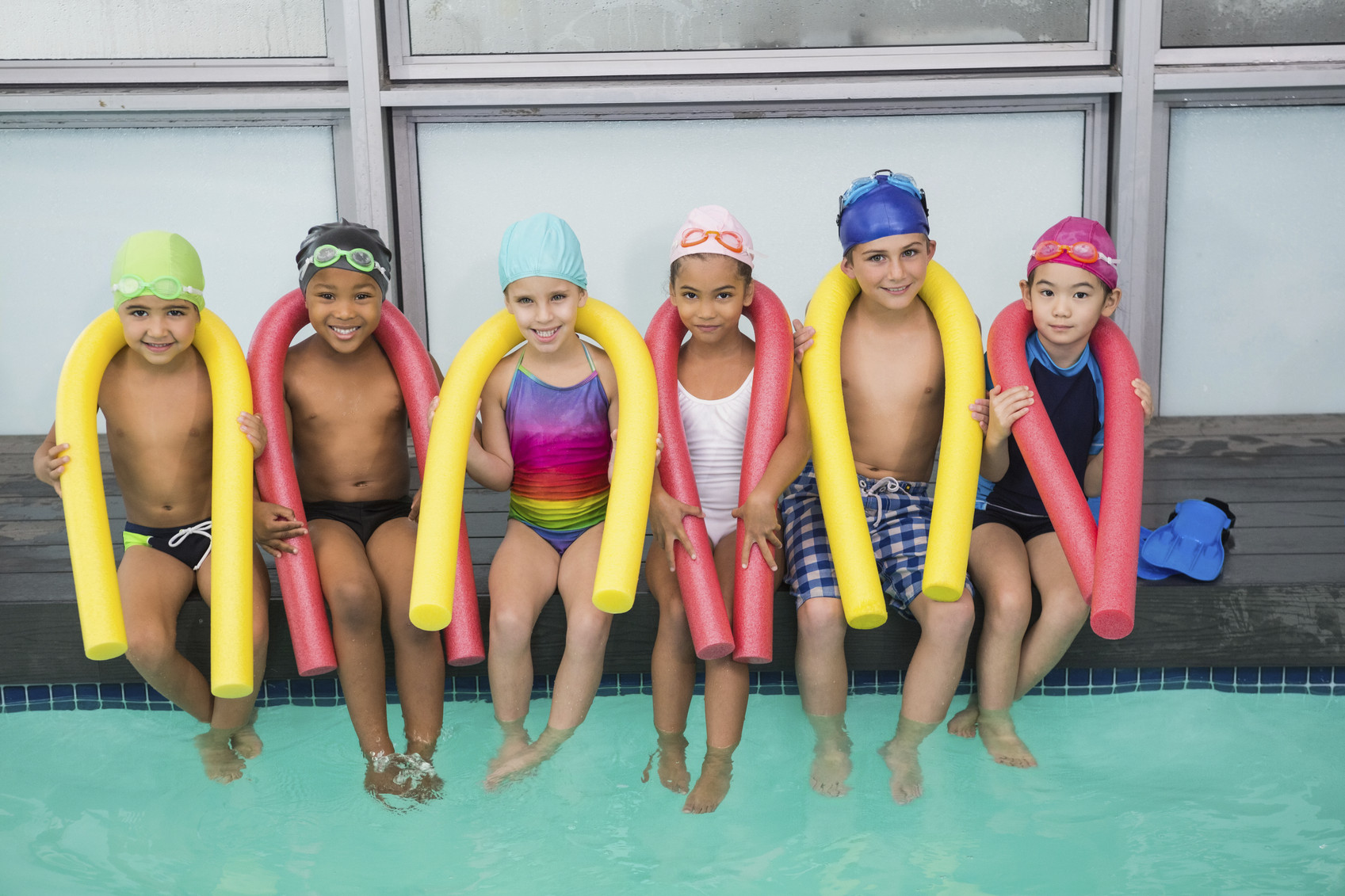
Can white noise really help you sleep better?

Celiac disease: Exploring four myths

What is prostatitis and how is it treated?

What is Cushing syndrome?

Exercises to relieve joint pain

Think your child has ADHD? What your pediatrician can do

Foam roller: Could you benefit from this massage tool?

Stepping up activity if winter slowed you down

Common causes of cloudy urine

Dragon fruit: How to enjoy this antioxidant-rich fruit
Child & Teen Health Archive
Articles
2 simple ways to ensure you give your kids the right dose of medicine (lots of parents don’t)
It’s surprisingly easy to give a child an incorrect dosage of liquid medication, and many parents do. When giving medication to a child, be sure you understand the instructions and use a medication syringe rather than a dosing cup. Take the extra time to read and think, and ask questions. These simple steps can make all the difference.
Another study shows parents of newborns don’t always follow safe sleep recommendations
A study found that parents of newborns frequently do not follow safe sleep guidelines for their babies even though it’s likely they are familiar with them. The most common mistake is putting blankets or other items in a baby’s crib, but cribs should be empty. While it’s hard to imagine sleeping on a bare mattress, babies really don’t need bedding. And it’s not worth risking your baby’s life for the sake of a blanket.
4 back to school tips to get your child off to a great start
As summer begins winding down, it’s time to begin preparing your children for life back at school. Although going from a relaxed summer to a regimented schedule can be difficult at first, parents can follow simple steps to set up their kids for health and academic success as they get back into the swing of school.
The 5 things parents need to know about drowning
About 10 people die from drowning every day. Of these 10 people, two are children. For every child that dies from drowning, five other children are treated in hospitals for injuries sustained from drowning. Although swimming can be a dangerous activity for even the most experienced swimmer, there are ways that parents can help protect their children from the dangers of drowning. Fencing off your pool, teaching your child how to swim and simply being observant of your child in any sort of water are all easy steps to help keep your child safe.
Fewer allergies: A possible upside of thumb sucking and nail biting
It’s no surprise that children suck their thumbs or bite their nails. These behaviors are often discouraged, as they can go on to cause damaged teeth, infections, or even elicit teasing from other children. However, a new study suggests that there are benefits for children who exhibit these behaviors, as it makes their immune systems better at attacking germs and decreases their risk of developing common allergies. Although these habits may be irritating for parents, they may improve your child’s health in the long run.
The right reasons to choose a sunscreen—and the right way to use it
There are a wide variety of sunscreen products on the market today that can help to prevent sunburns and skin cancer, but in a recent study published in the journal JAMA Dermatology, researchers found that 40% of the top 65 most popular sunscreens didn’t meet American Academy of Dermatology guidelines. When buying sunscreen, it is important to choose a product that is broad-spectrum, has an SPF over 30, and is water resistant. In addition to choosing the right sunscreen, it’s important to use it correctly in order to truly protect your skin from the sun.
Good — and bad — news about today’s teens
The results of the 2015 National Youth Risk Behavior Survey, suggests that few teens are smoking cigarettes, having sex, getting into physical fights, and drinking less soda. This good news is tempered by concerning trends, for example fewer adolescents use condoms when they do have sex, and more of them are trying e-cigarettes.
A bummer for kids: Nasal flu vaccine not effective
For years, many kids could skip the traditional flu “shot” — along with the tears — and still be protected by the nasal spray vaccine also known as the LAIV (live attenuated influenza vaccine). But not this year. Studies now show that the nasal vaccine is quite ineffective, and pediatricians are starting to change their flu recommendations from a nose squirt to a shot.
Can super-sizing start with baby bottles?
Research suggests that super-sizing our meals doesn’t just create problems for adults–– when we increase the amount of food that infants and children eat, they gain weight. This weight gain during infancy can lead to over-weight children, and over-weight children are more likely to become over-weight adults. In order to make sure infants and children are a healthy weight, keeping the portion sizes kid-friendly is key.
New study says that it’s okay to let babies cry at night
Just about every new parent has wrestled with the idea of whether to comfort a baby who cries during the night or whether to let him or her “cry it out.” A recent study adds more evidence to what researchers (and our own parents and grandparents) have long known: It’s okay to let your baby cry it out. It won’t harm them — and you’ll get a much better night’s sleep, too!

Can white noise really help you sleep better?

Celiac disease: Exploring four myths

What is prostatitis and how is it treated?

What is Cushing syndrome?

Exercises to relieve joint pain

Think your child has ADHD? What your pediatrician can do

Foam roller: Could you benefit from this massage tool?

Stepping up activity if winter slowed you down

Common causes of cloudy urine

Dragon fruit: How to enjoy this antioxidant-rich fruit
Free Healthbeat Signup
Get the latest in health news delivered to your inbox!
Sign Up











